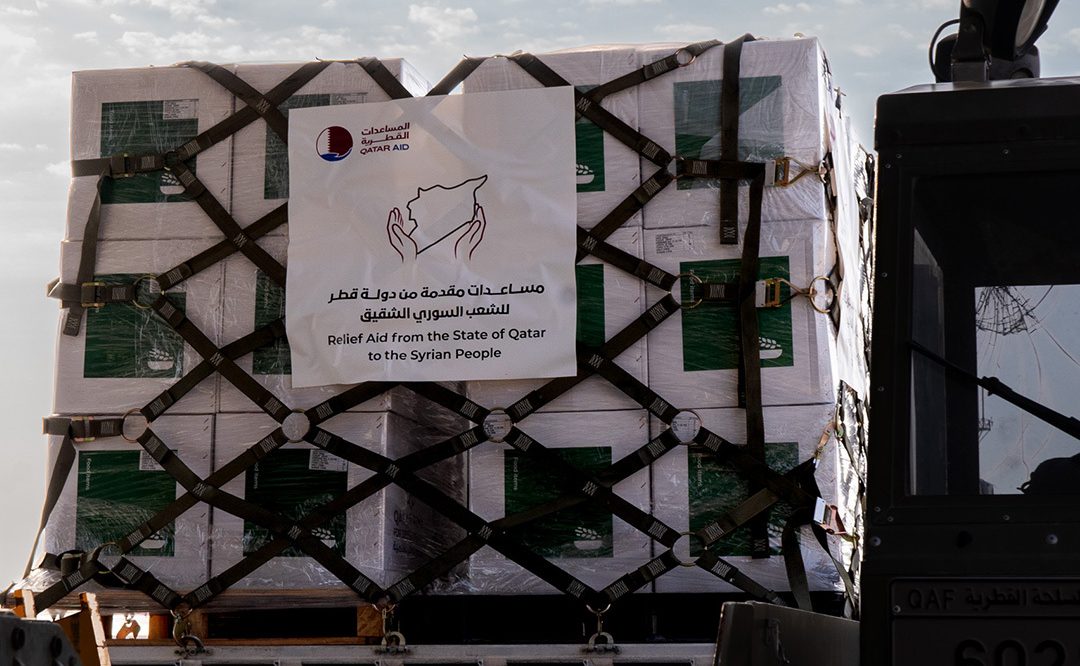Real estate experts are predicting that the spike in residential rent will end by 2023.
Residential rent will ‘inevitably’ return to pre-2020 levels by next year, just months after the mega football tournament comes to an end, Qatar’s leading global real estate consultancy has stated.
In the last year, rent in Qatar has witnessed an all-time high, with some recording over a 50% increase as well as two-year contract periods. Thousands around the country have been forced to either cut their expenses to afford the hike in prices or abruptly move to a smaller rental.
Meanwhile, some residents claim they were forced to leave their apartments to leave space for World Cup visitors.
However, the report says shortly after the World Cup comes to an end, prices are expected to further decrease, according to Cushman & Wakefield.
All about Qatar real-estate predictions
The global real estate company released its Q3 2022 Qatar real estate market report earlier this week, analysing the rise in real estate demand in the last three years and the factors behind them.
Cushman & Wakefield made a number of observations, one of which was that the extraordinary demand brought forth by the FIFA World Cup played a significant role in the recent rise in residential rents in Qatar.
While some apartment rates have risen by as much as 40% recently, according to Cushman & Wakefield, rents will certainly return to levels from before the 2020 tournament in 2023 due to changes in the real estate market after the tournament.
“The recent trend in escalating residential rents is a result of a spike in demand created by Qatar’s hosting of the World Cup. We expect this trend to reverse in 2023 as apartment buildings and new masterplanned developments are released to the wider market,” said Johnny Archer, Head of Consulting and Research at Cushman & Wakefield Qatar.
However, per the newly released report, there has been a considerable decrease in real estate sales in 2022 after a rise in activity between 2019 and 2021. The company says many potential buyers are taking a ‘wait and see approach’ strategy until after the World Cup when greater clarity is anticipated to return to the market.
The Covid-19 outbreak and the rise in businesses enabling employees to work from home have both had an adverse effect on the commercial office sector in Qatar, similar to other nations around the world.
But just as the pandemic slowly comes to an end, the firm predicts that there will be a rise in office leasing activity again in 2022, with the majority of agreements taking place in West Bay or Lusail.
The development of the hydrocarbon industry, as well as the expansion of the Qatar Financial Centre and the foundation of the Qatar Free Zone Authority, are the main market drivers.
The opening of Place Vendome in Lusail in 2022 was particularly notable for the sector’s continued expansion in the retail real estate market.
Qatar’s community will soon have more retail and restaurant alternatives thanks to a range of new areas opening, including Lusail Boulevard, MINA District, and Doha Oasis.
The company has determined that the quick rise in supply is the root reason for the rising vacancy and declining rental income in some older complexes, despite the fact that the quality of the retail offering has greatly increased.
Meanwhile, as expected, the World Cup has had a tremendous impact on Qatar’s hospitality real estate industry. Thousands of additional rooms were added to the market in the second half of the financial year as a result of the tournament in November and December.
The sector’s overall performance in 2022 takes into account the rise in visitors since the Covid-affected years of 2020 and 2021.
Despite the 67% increase in visitors in August, the numbers are still lower than they were before the outbreak.
“Recent activity in the commercial office market has been encouraging following the Covid-19-affected years of 2020 and 2021; however, further take-up of commercial real estate will rely upon further diversification of the economy and the continued growth of the private sector,” Archer added.
However, the FIFA World Cup is expected to bring in over a million visitors, which will push tourism numbers to previously unheard-of heights and improve hotel bookings and earnings for the entire year.
After that, Qatar’s hospitality industry will be significantly dependent on the continued hosting of important international events and fairs, the steady expansion of business and leisure travel, and the return of visitors from around the region.







